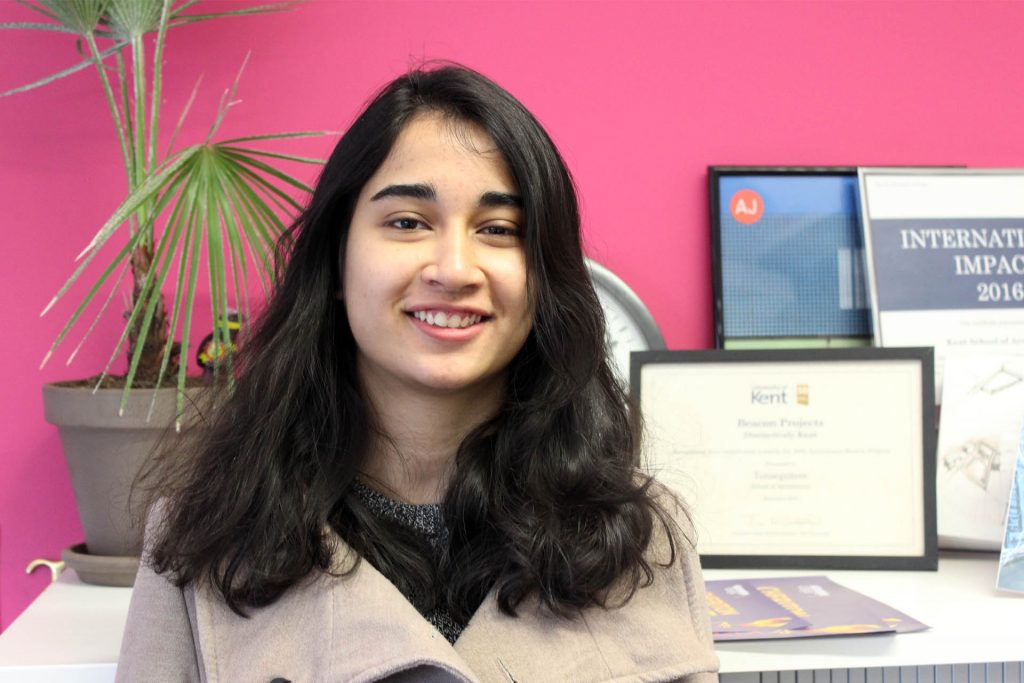Having been a part of the mentoring scheme as a mentor for two years and a mentee for three, I have been able to appreciate first-hand how valuable mentoring sessions can be. These sessions, whether one-on-one or in the form of group discussions, are a great way to bounce ideas off each other outside a classroom environment and get exposed to a wider range of viewpoints and perspectives. It was very interesting for me to see through the eyes of my mentees and uncover radically different concepts and responses to the same design brief. At the same time, discovering their personal aspirations and visions for their projects led me to find different ways of expressing myself while giving advice. It pushed me to present my suggestions and opinions to them in a way that they identified with rather than sticking to one standard method of communication. I can now convey my thoughts with greater clarity, whether through sketches and drawings, in conversation or while providing explanations to questions over email.
Mentoring has affected how I view my own ideas and projects as well. Showing my previous work to the mentees has not only been a method of providing them with an overview of their upcoming project, but also an opportunity to look back at my own work. Revisiting past work at a later date has allowed me reflect more maturely on what worked and didn’t work in my projects. In helping them tackle similar difficulties, it has offered me a chance to find out which methods worked best for me and apply what I learned to my current work.
Although mentoring offers many additional advantages and opportunities for both the mentor and the mentee, at its core, I find that the scheme has always been about encouraging students to support and learn from each other as they make their way through this challenging course.

